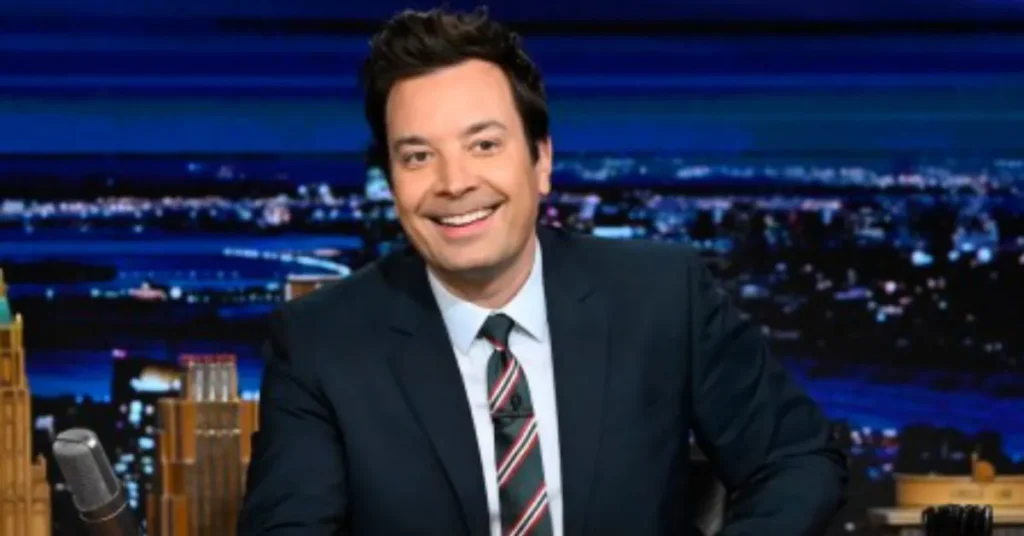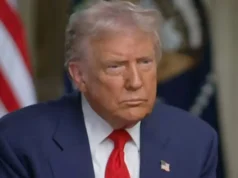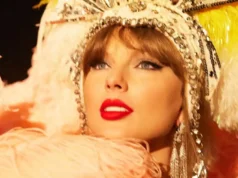Fallon backs fellow comic Jimmy Kimmel after his suspension, mixing heartfelt support with a gag that mocks Trump.

Jimmy Fallon addressed the fallout from ABC’s suspension of Jimmy Kimmel on Thursday’s Tonight Show, blending empathy, confusion and his trademark comic timing.
Fallon opened by acknowledging the headline — Kimmel’s suspension — and admitted that “no one does” fully know what’s happening, but made his stance clear: he called Kimmel “a decent, funny, and loving guy” and said he hopes the host returns.
That sympathy quickly moved into comedy: Fallon promised to deliver his monologue as usual, then ran a gag where an announcer pretended to censor any punchlines about President Trump. The bit itself undercut the censorship setup, allowing Fallon to keep ribbing Trump — including a cheeky jab about Trump’s U.K. visit and an aside comparing Trump’s closest relationship to Prince Andrew.
The episode’s roster included Jude Law, Jonathan Groff and NBC Nightly News anchor Tom Llamas, keeping the show’s entertainment focus even as the controversy simmered.
The suspension of Jimmy Kimmel Live! came after Kimmel criticized efforts to recast the alleged murderer of Charlie Kirk as anything other than part of a broader extremist movement; Kimmel accused MAGA supporters of trying to score political points from the tragedy.
That on-air criticism prompted ABC to pause Kimmel’s show, a move that has since polarized viewers and industry figures.
President Donald Trump escalated matters online, celebrating ABC’s decision and urging NBC to fire Fallon as well. In a public post, Trump called Kimmel “ZERO talent,” took aim at other late-night hosts’ ratings, and urged networks to take action.
That intervention pushed the dispute beyond entertainment pages and into the political arena, turning what began as a network discipline decision into a broader debate about free speech, satire and partisan reaction.
In short, Fallon sought to strike a balanced note: publicly supportive of a fellow comedian while leaning into comedy to process the moment.
His approach — sympathetic, slightly political but still jokey — underscored how late-night television has become a battleground where humor, network policies and national politics collide.











